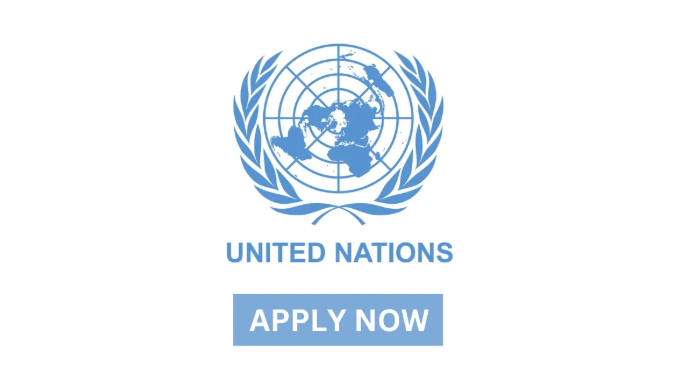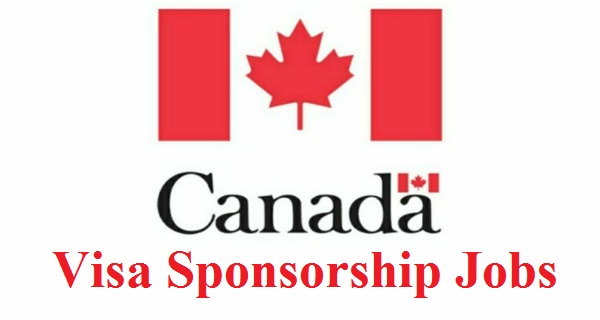Visa Sponsorship Jobs in Germany 2025 | Complete Guide
Germany remains one of the strongest economies in Europe and a top destination for skilled professionals seeking career opportunities abroad. With its robust industries, high standard of living, and demand for international talent, Visa Sponsorship Jobs in Germany 2025 present exciting possibilities for foreign workers. Whether you are an engineer, IT expert, healthcare professional, or skilled tradesperson, Germany’s labor market continues to welcome qualified applicants from around the world.
This guide explores everything you need to know about visa sponsorship jobs in Germany, including in-demand sectors, eligibility requirements, application procedures, and tips to increase your chances of securing employment.
Why Choose Germany for Visa Sponsorship Jobs?
Germany is an attractive destination for job seekers due to its:
- Strong Economy: The country has the largest economy in Europe, offering stability and career growth.
- High Demand for Skilled Workers: Aging population and skill shortages create opportunities for foreign professionals.
- Attractive Salaries & Benefits: Competitive wages, healthcare, and work-life balance are key perks.
- Pathway to Permanent Residency: Working in Germany with visa sponsorship can eventually lead to long-term settlement.
- Multicultural Work Environment: Germany values diversity, making it easier for foreign workers to integrate.
Types of Visa Sponsorship Jobs in Germany 2025
Foreign job seekers can find opportunities in a wide range of sectors. Some of the most common visa sponsorship jobs in Germany 2025 include:
Healthcare Sector
- Nurses
- Doctors
- Caregivers
- Medical Technicians
With a growing demand for healthcare workers, Germany continues to actively recruit foreign professionals to fill critical roles.
Information Technology (IT) and Software Development
- Software Engineers
- Data Analysts
- Cybersecurity Specialists
- Cloud Experts
Germany’s digitalization push has created huge demand for IT experts. Many German companies offer visa sponsorship to fill IT vacancies.
Engineering and Manufacturing
- Mechanical Engineers
- Electrical Engineers
- Civil Engineers
- Automotive Specialists
Engineering is one of Germany’s backbone industries, with global companies like BMW, Siemens, and Volkswagen actively hiring.
Skilled Trades
- Electricians
- Plumbers
- Welders
- Technicians
Germany faces shortages in vocational skills, making tradespeople highly sought after.
Hospitality and Tourism
- Hotel Staff
- Chefs
- Waiters/Waitresses
- Event Managers
With millions of tourists visiting Germany annually, the hospitality sector continues to require foreign workers.
Eligibility Requirements for Visa Sponsorship Jobs in Germany 2025
To qualify for visa sponsorship jobs in Germany 2025, applicants must meet certain requirements:
- Educational Qualification: University degree, vocational training, or relevant certifications.
- Work Experience: At least 1–3 years of professional experience in your field.
- Language Proficiency: German language skills (B1 or higher) are highly recommended, though some jobs require only English.
- Job Offer: A confirmed employment contract from a German employer willing to provide visa sponsorship.
- Financial Stability: Proof that you can support yourself until your first salary is paid.
- Clean Record: No criminal background or visa violations.
How to Apply for Visa Sponsorship Jobs in Germany 2025
Here’s a step-by-step guide:
Research In-Demand Jobs
Check Germany’s official shortage occupation list to identify jobs with the highest demand.
Prepare a German-Style CV and Cover Letter
Your CV should be tailored to German standards, including personal details, work experience, education, and skills.
Search for Job Opportunities
Use trusted platforms like:
- EURES Portal
- Make It in Germany
- StepStone
- Glassdoor Germany
Apply for Jobs
Submit applications directly to employers offering visa sponsorship. Ensure you customize each application.
Secure a Job Offer
Once an employer selects you, they will provide an official job contract.
Apply for a German Work Visa
Take your contract and apply for a work visa at the German embassy or consulate in your country.
Relocate and Start Working
Once your visa is approved, you can move to Germany and begin your new role.
Related Posts:
- Visa Sponsorship Jobs in Luxembourg
- Visa Sponsorship Jobs in Canada
- Visa Sponsorship Jobs in Australia
Work Visa Options for Sponsored Jobs in Germany
There are several types of visas available for sponsored workers in 2025:
- EU Blue Card: For highly qualified professionals earning above €45,300 annually (or €41,041 for shortage occupations).
- German Skilled Worker Visa: For applicants with recognized qualifications.
- Job Seeker Visa: Allows you to enter Germany and search for a job for up to 6 months.
- Work Visa for IT Specialists: Specifically for IT experts, even without a degree but with relevant experience.
Challenges and Tips for Success
Challenges:
- Language barrier
- Competition from other international job seekers
- Recognition of foreign qualifications
- Adjustment to German work culture
Tips for Success:
- Start learning German (minimum B1 level).
- Get your qualifications recognized by German authorities.
- Network with employers via LinkedIn and professional platforms.
- Apply early to increase your chances of selection.
- Be prepared for video interviews with German companies.
Future Outlook
Germany’s Skilled Immigration Act continues to attract foreign talent. By 2030, Germany is expected to need more than 400,000 foreign workers annually to cover labor shortages. This means that visa sponsorship opportunities will remain strong in the coming years.
Conclusion
Germany’s thriving economy, skill shortages, and welcoming policies make it one of the best destinations for international job seekers. From IT and healthcare to engineering and hospitality, there are countless Visa Sponsorship Jobs in Germany 2025 available for qualified candidates worldwide.
If you are looking to start a career in Europe, now is the right time to take action. Prepare your documents, apply to verified job portals, and take advantage of the growing demand for skilled professionals in Germany.






